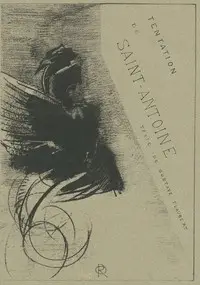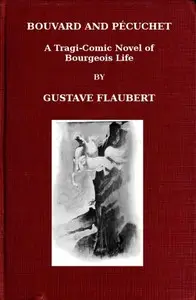"The Temptation of St. Anthony" by Gustave Flaubert is a story about one man's epic battle to stay true to his beliefs. Set in a lonely desert, St. Anthony is bombarded by visions that test his faith, including figures representing the worst human sins. As he remembers his past, he is torn between his spiritual goals and the tempting pleasures of the world. This causes him to confront philosophical questions and question everything he thought he knew, as he navigates illusions and historical events that highlight the conflict between what people want and what they believe. Faced with doubt, St. Anthony must decide what really matters as he attempts to find truth in a confusing spiritual world.

The Temptation of St. Anthony
By Gustave Flaubert
In a desolate landscape, a man must overcome disturbing visions and personal desires if he hopes to remain faithful.
Genres
Released
2016-06-04
Formats
epub
mobi
epub3 (images)
mobi (images)
epub (images)
txt
Free Download
Summary
About the AuthorGustave Flaubert was a French novelist. He has been considered the leading exponent of literary realism in his country and abroad. According to the literary theorist Kornelije Kvas, "in Flaubert, realism strives for formal perfection, so the presentation of reality tends to be neutral, emphasizing the values and importance of style as an objective method of presenting reality". He is known especially for his debut novel Madame Bovary (1857), his Correspondence, and his scrupulous devotion to his style and aesthetics. The celebrated short story writer Guy de Maupassant was a protégé of Flaubert.
Gustave Flaubert was a French novelist. He has been considered the leading exponent of literary realism in his country and abroad. According to the literary theorist Kornelije Kvas, "in Flaubert, realism strives for formal perfection, so the presentation of reality tends to be neutral, emphasizing the values and importance of style as an objective method of presenting reality". He is known especially for his debut novel Madame Bovary (1857), his Correspondence, and his scrupulous devotion to his style and aesthetics. The celebrated short story writer Guy de Maupassant was a protégé of Flaubert.
Total Reviews
10.0k
Total reviews from Goodreads may change



















